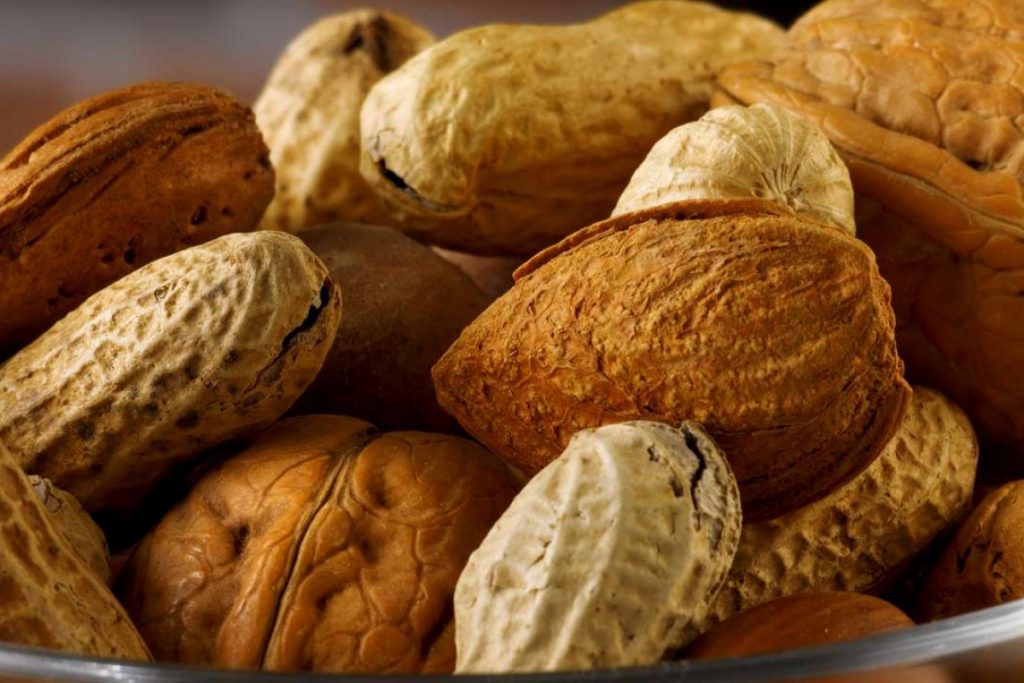Nigeria’s high food prices pushed annual inflation last month after borders with neighbouring countries were closed in a crackdown on smuggling.
In August, Nigeria closed parts of its borders to fight smuggling of rice and other goods.
The head of customs confirmed last month that all trade in goods through land borders had been halted indefinitely.
On Monday the National Bureau of Statistics said, Nigeria’s annual inflation was 11.61% in October a rise from 11.24% in September, noting that it is the highest rate since May 2018.
A separate food price index showed inflation at 14.09% in October, compared with 13.51% September.
“This rise in the food index was caused by increases in prices of meat, oils and fats, bread and cereals, potatoes, ham and other tubers, fish and vegetables,” said the statistics office in its report.
The chief economist for Africa and the Middle East at Standard Chartered, Razia Khan said the rise in food inflation shows that border closures might have influenced the temporarily high prices.
Also Read: Nigeria ccHub acquires total ownership of Nairobi iHub
Sherifat Ajala, a rice wholesaler in the commercial capital Lagos, said bad roads were delaying the transportation of the grain further hindering the supply from meeting high demand.
He added that trucks spend two or three weeks on the road before they bring the rice.
Last week after a meeting between the foreign ministers of Nigeria along with its neighbours Benin and Niger agreed to set up a joint border patrol force to tackle smuggling between the nations.
The central bank of Nigeria is due to set its benchmark interest rate next Tuesday.
The bank, which is targeting single-digit inflation, held its main interest rate at 13.5% at its last meeting in September.
Senior emerging markets economist at London-based Capital Economics, John Ashbourne said that with the increased in inflation they expect policymakers to leave their key rate on hold.
Prices are likely to increase even faster in the next months as consumer demand and spending rise over the Christmas season.
In March 2019, the consumer price index, (CPI) which measures inflation increased by 11.25 per cent (year-on-year). A 0.06 per cent points lower than the rate recorded in February 2019 11.31 per cent.
